Electrical inspectors are a vital part of the electrical safety system. It is unlikely that one could adequately define the value of the service electrical inspectors provide to the public in preventing electric shock and damage to or loss of property through the enforcement of electrical safety regulations. Over 100 years ago it became clear that electrical safety guidelines were needed. Through the work of a dedicated group of individuals, a set of electrical rules was developed. Those rules soon became known as the National Electrical Code. A logical step following the development of rules was that of implementation. The electrical inspector fills that role. One readily recognizes that the development and adoption of laws is not what makes them work. The objectives of those adopted laws are achieved through enforcement. Just as police officers know how much traffic laws would be observed if they were not on patrol, electrical inspectors know that electrical safety rules will be violated by some intentionally or by others through a lack of knowledge. One only has to be on the road a short time before it becomes clear that many drivers don’t follow posted speed limits. When those drivers see a traffic officer or believe that one is in the vicinity, they slow their vehicle to a legal speed. In similar fashion, without electrical inspectors enforcing the electrical code, many will not follow those established rules.
It may seem strange to some, but manufacturers of electrical products and electrical contractors are among the strongest supporters of qualified electrical inspectors. Qualified electrical inspectors who are permitted to enforce the electrical code to protect the consumer also benefit manufacturers, designers, installers, and others within the industry. Proper enforcement of the Code is an important step in protecting the consumer against unsafe electrical products and installation practices. Manufacturers who strive to produce quality products that comply with established code rules can’t compete with those who make products that don’t comply. In addition, efforts by some to introduce imitations or counterfeit copies of some known electrical products into the market create a real safety concern. Electrical contractors who take the necessary steps to stay current with code provisions and follow adopted safety rules and associated laws in the conduct of their business are at an unfair disadvantage if their competitors don’t do the same. In both cases, without the adoption and enforcement of the electrical code, the consumer also loses.
Qualified electrical inspectors have an important voice that needs to be heard in the industry. They have a tremendous amount of collective knowledge and experience which can be used very effectively for more purposes than simply making inspections. One of the most important uses of that knowledge and experience is in the development of electrical safety codes and standards. However, before an individual or group can be heard and recognized as having credibility in the industry, they must demonstrate that they are worthy of that recognition. Qualified electrical inspectors who follow the basic principles upon which the IAEI stands have earned that respect through unbiased and fair interpretation and application of the code. The IAEI objectives are worthy in scope and desirable as goals. Those objectives include cooperating in the formulation of standards for the safe installation and use of electrical materials, devices, and appliances. It also promotes the uniform understanding and application of the National Electrical Code and other electrical codes and promotes cooperation between inspectors, the electrical industry, and the public. Another important objective is to collect and disseminate information relative to the safe use of electricity.
These objectives not only work to protect the consumer from hazards arising from the installation and use of electricity but also emphasize the necessity of segments of the electrical industry to work together in this effort. The electrical inspector’s main interest is that of the consumer. When considering code proposals, the electrical inspector can look clearly at the safety provisions as they affect the consumer without being influenced by unrelated factors. The electrical inspector’s role in code development is that he or she can look at code proposals and see the broad scope of factors that are associated with them. They can evaluate those factors and make a judgment that is felt to be in the best interest of the consumer. The qualified electrical inspector can sit as a member of a technical committee, listen to arguments for and against proposed changes, participate in the debate, and can make an unbiased decision based on the data presented. To do this, the inspector must not be directly tied to or in any way adversely influenced by outside interests. The founders of the IAEI developed a structure that ensures that electrical inspectors will be able to echo their voice without being controlled by any outside influence. Had IAEI members affiliated with interests other than electrical inspection been given the right to determine what positions the IAEI must take on code matters, it would have clearly destroyed the credibility of the inspection community in code development.
Those participating in code development who are not part of the code enforcement group recognize the importance of the unbiased position of electrical inspectors in code development and of the need to keep it that way. Influence of electrical inspectors by IAEI associate members and others within the electrical industry should be through informational means. This can be accomplished through reliable technical information, such as that generated through fact finding studies and field evaluations. The IAEI has an established procedure for initiating proposed code changes and for consideration of others in an effort to provide the inspector’s perspective and represent the consumer’s interest. The role of the electrical inspector is important for the industry and the public in general. The electrical inspector’s voice needs to be heard.

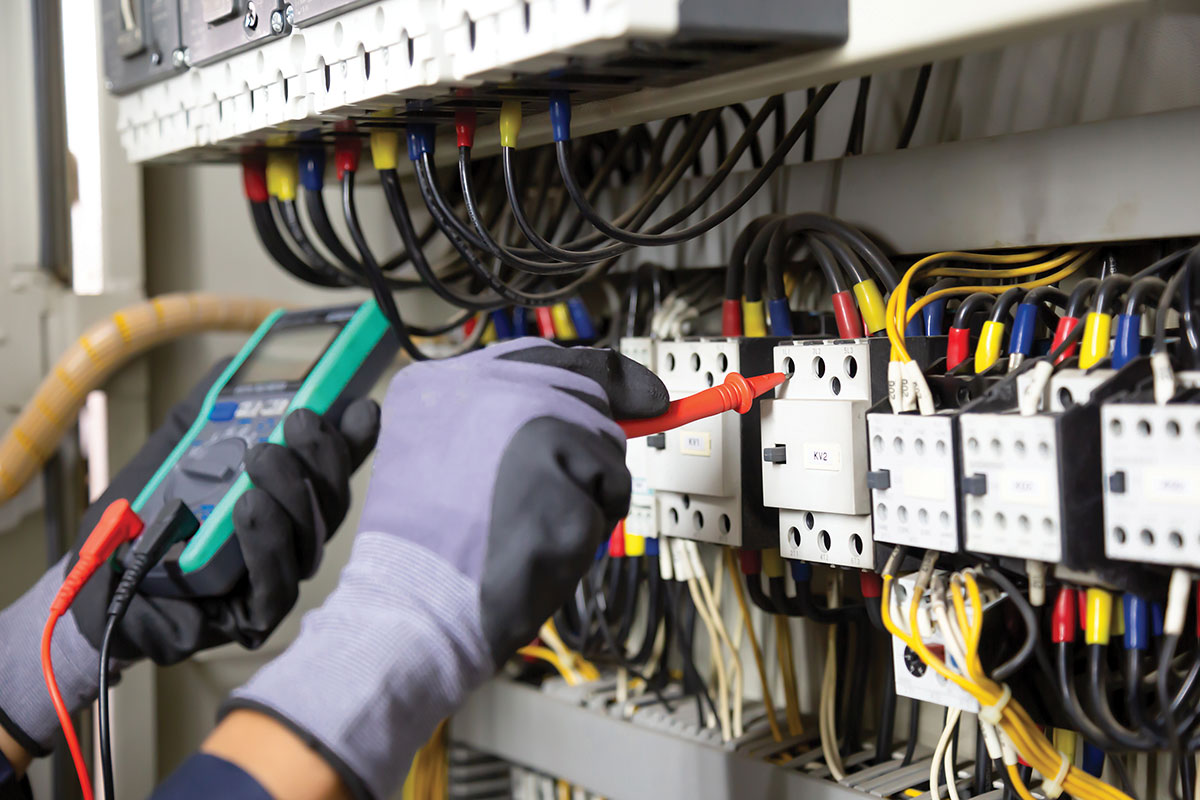
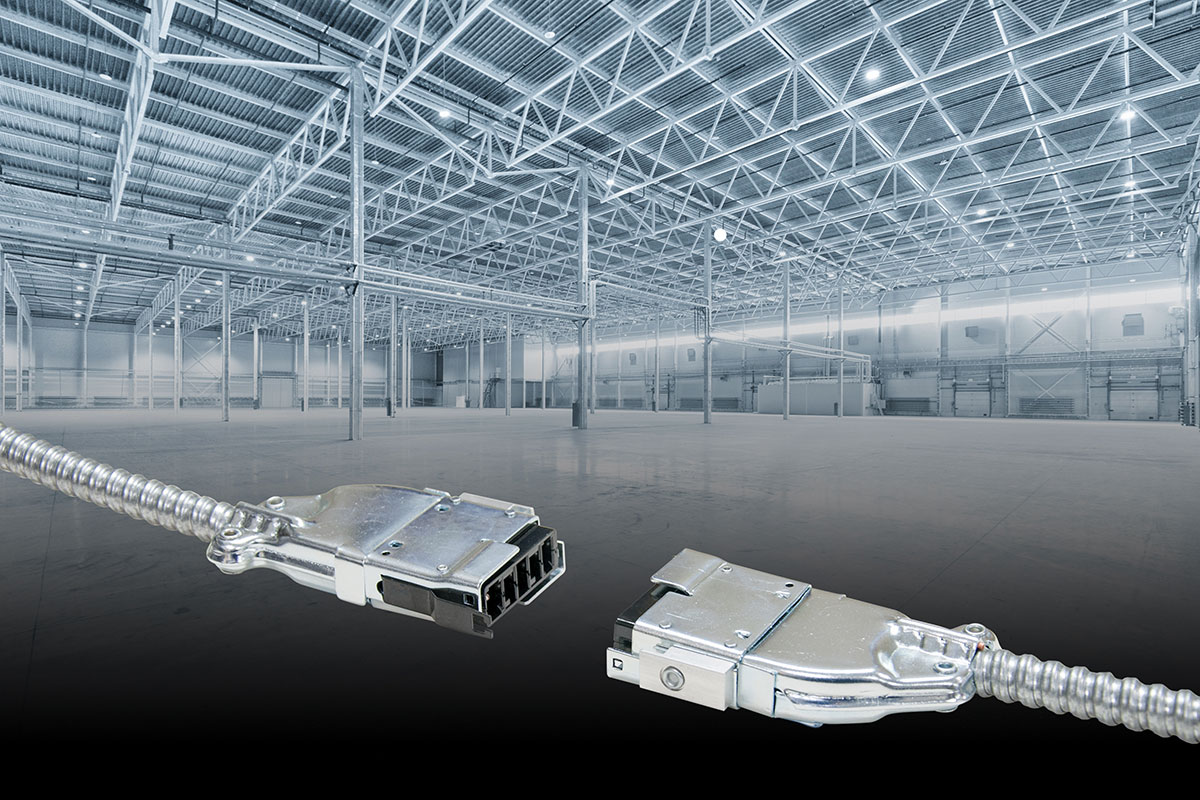

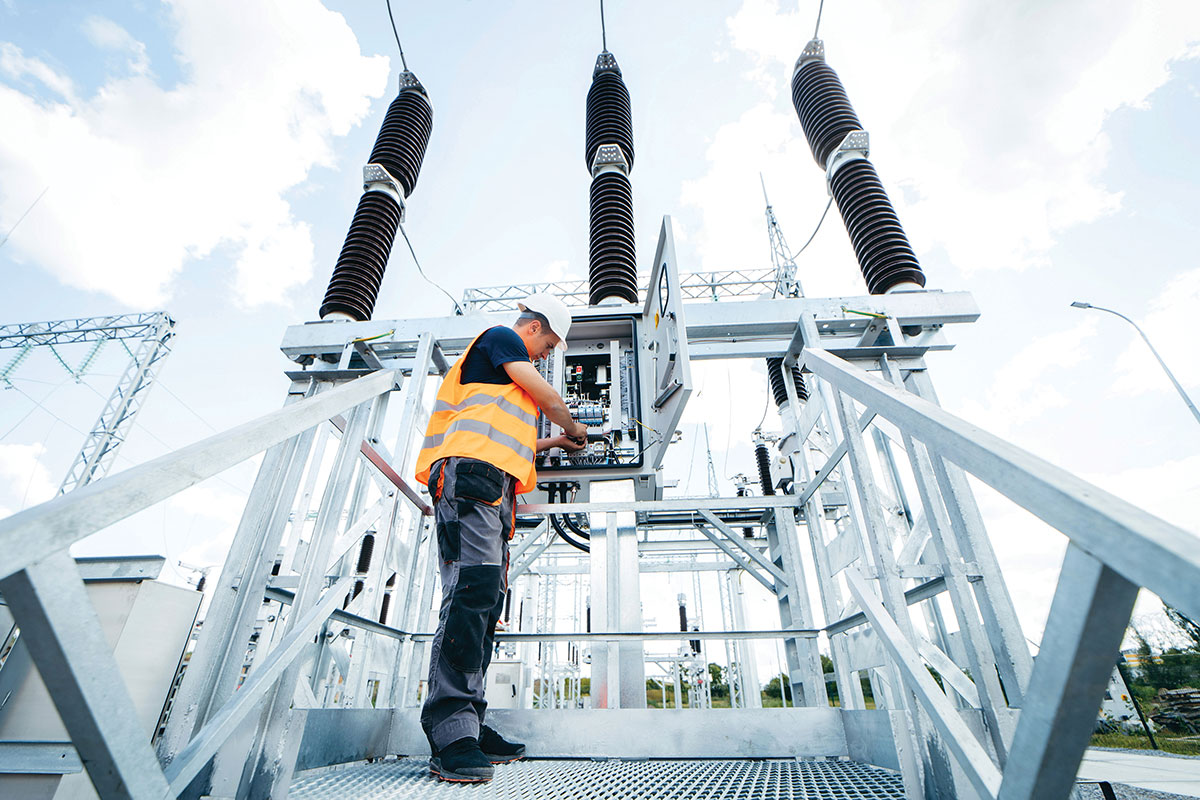






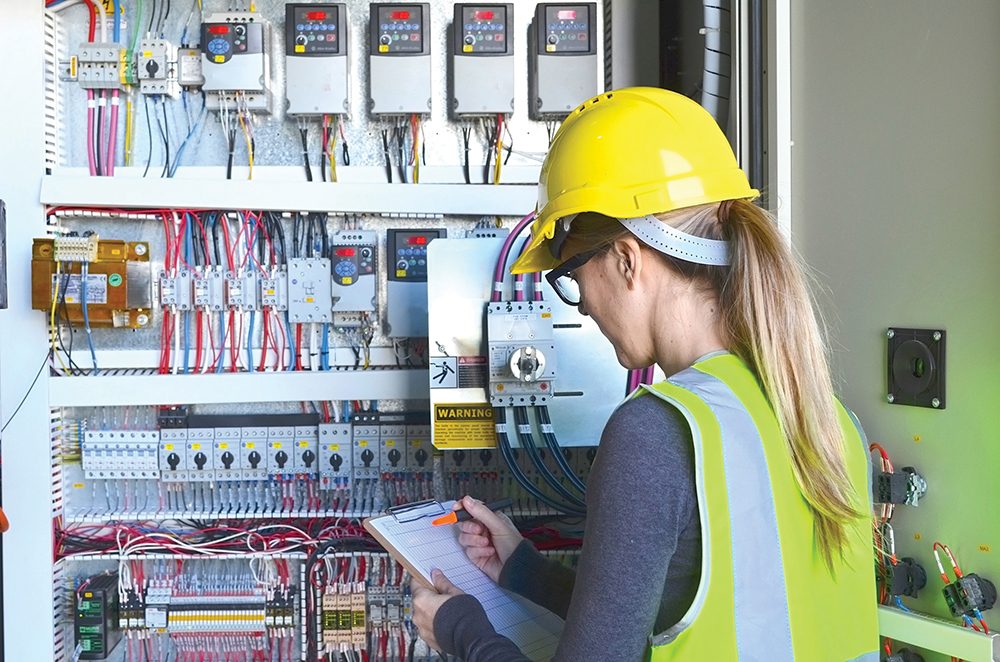
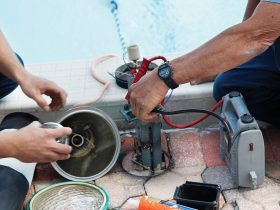
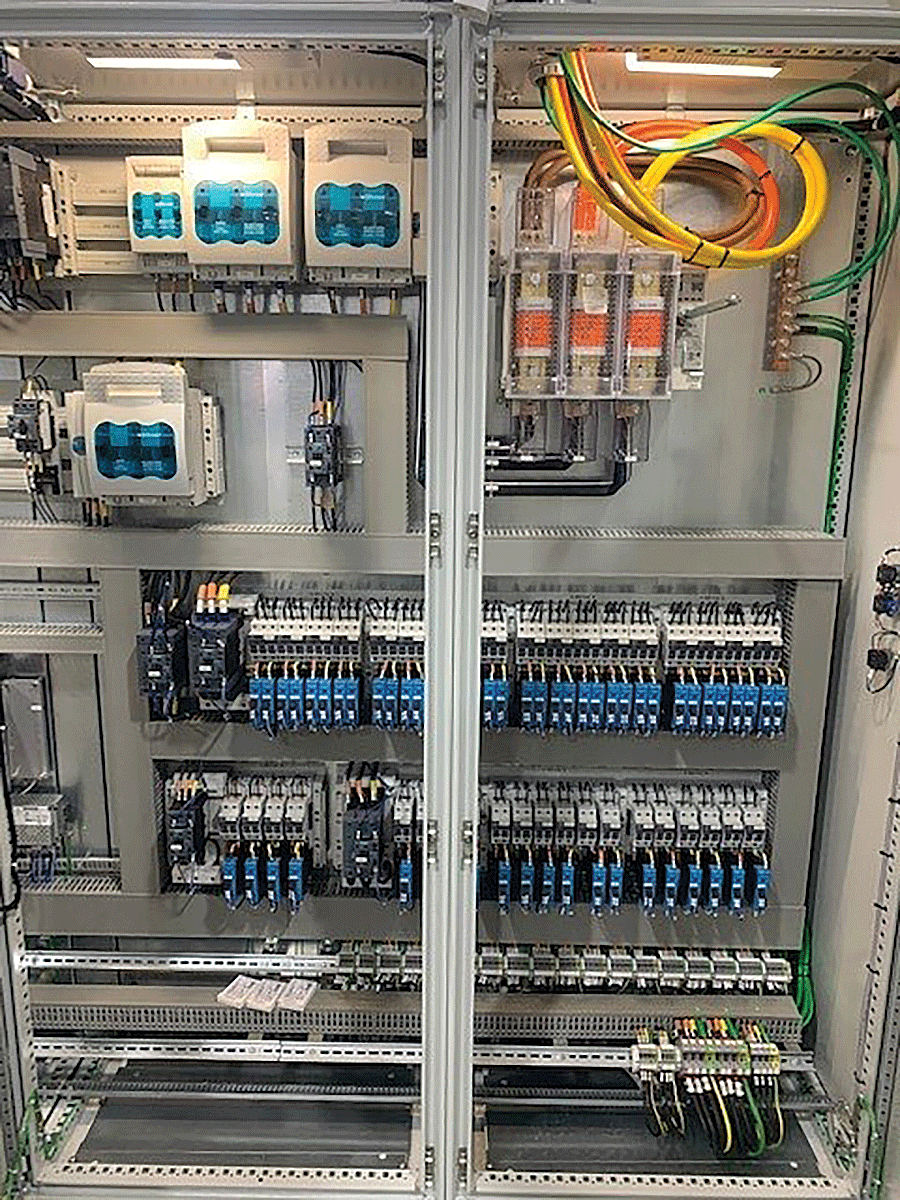
Find Us on Socials